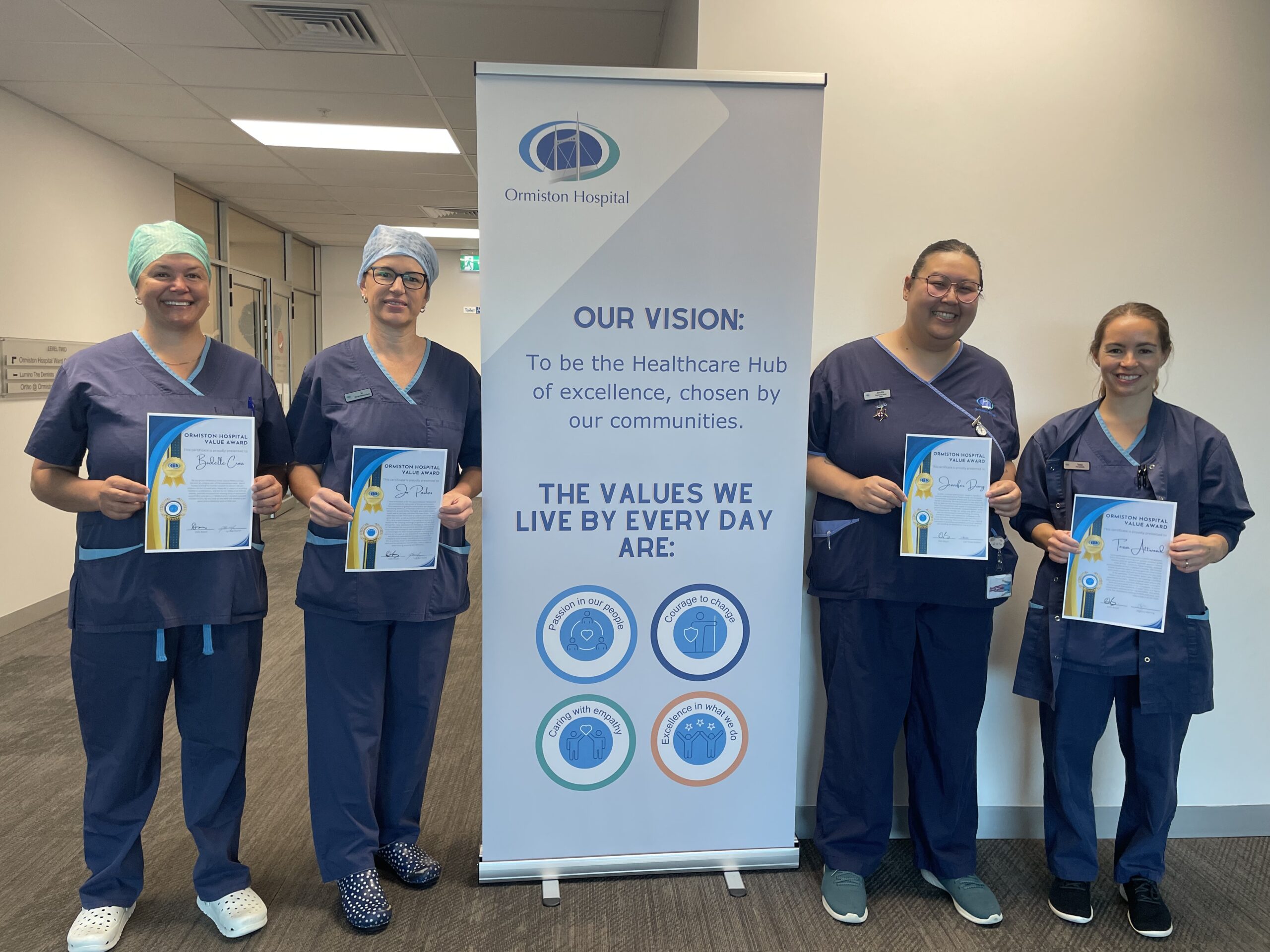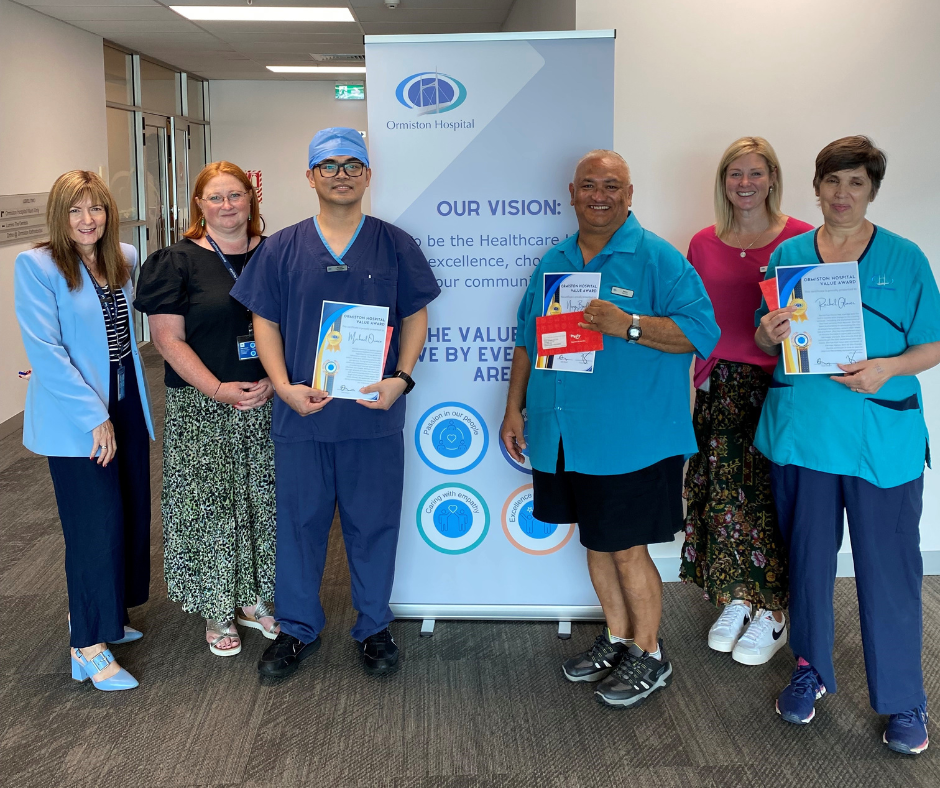At Ormiston Hospital, we have a committed and dedicated team delivering exceptional orthopaedic care. We understand the impact these conditions can have on your quality of life and mobility. During your private orthopaedic consultation, our specialists work with you to diagnose your condition and provide expert advice on treatment options to support you in making informed decisions about your care.
Our range of available orthopaedic procedures:
Arthroscopic Surgery
Arthroscopy (keyhole surgery) is a less invasive procedure than a joint replacement surgery. The surgeon makes small incisions so they can guide a camera and instruments to the affected joint to assess, diagnose, and treat any issues. Arthroscopy is typically used to repair damaged cartilage, tissue, or torn ligaments.
Areas we treat:
- Knees
- Hips
- Shoulders
- Ankles
- Elbows
- Wrists
Bone Fracture Surgery
Bone fracture surgery (or fracture repair) is the treatment used to heal and stabilise broken bones. The goal of this surgery is to ensure the broken bone heals correctly, minimising pain and preventing complications. Depending on the type and location of the fracture, treatment may include permanent fixtures such as pins, plates, or frames.
Corrective Surgery
Corrective surgery is a medical procedure designed to treat the misalignment of bones, with the goal to reduce pain and improve function. Surgeons can make precise corrections to realign bones, repair damaged tissue, and address any deformities. The specific procedure will depend on your unique condition and the recommendations of your orthopaedic surgeon.
Joint Replacement Surgery
Joint replacement surgery is a medical procedure where a damaged or diseased joint is replaced with an artificial joint. This artificial joint is typically made of metal, plastic, or a combination of materials. While it is considered major surgery, the procedures are well-established and generally effective at relieving pain and improving a person’s mobility.
Types of procedures:
- Knee replacement
- Hip replacement
Need to know
Should you suffer from joint or bone pain, a private consultation with one of our expert orthopaedic surgeons will allow you to discuss your issue in detail so that a treatment plan can be made. You will undergo a full assessment of your condition, including questions about your symptoms and their effect on your life, your medical history, and a physical assessment of your affected joint. Typically, imaging such as X-rays or MRI will be required on the affected joint.
Your surgeon will then discuss the recommended surgical plan with you, how it will benefit you, and explain the possible risks and complications associated with it. If you wish to go ahead with treatment, you can then work with the admissions team to arrange a date for the procedure.
To prepare for your orthopaedic surgery, it is important to follow your surgeon’s specific instructions. You will be contacted prior to your surgery date to confirm your fasting period (no food or drink to be consumed) and any specific requirements we need to take into consideration throughout your stay with us at Ormiston Hospital. It is important to arrange for someone to drive you home post-surgery and to plan for a recovery period at home.
During orthopaedic surgery, the specific steps will depend on the type of procedure you will be having. Typically, you will be given general anaesthesia so that you are asleep throughout. Some procedures may only require mild sedation and local anaesthesia (only the surgical area is numbed). Depending on the type of procedure, the surgery may take anywhere from 30 minutes to over 2 hours. Throughout the surgery, your vital signs are closely monitored for safety, and the surgical team ensures that the procedure is as smooth and efficient as possible.
After surgery, you will be taken to a recovery area where medical staff will monitor your vital signs and ensure you are recovering well from the anaesthesia. Depending on the type of procedure you have done, your hospital stay will vary in length. More extensive procedures, such as knee and hip replacements generally require up to three nights in hospital, whereas with keyhole surgeries to repair damaged joints you may be able to go home the same day.
Recovery time will vary between patients and on which procedure you have done. Our physiotherapy team will visit you while you are in hospital to get you moving and tailor a rehabilitation plan with you. For more extensive surgeries such as knee and hip replacements, full recovery and rehabilitation can take upward of six weeks. Follow-up appointments will be made with your care team, including the surgeon and physiotherapist to monitor your recovery and the success of your procedure.
If you are experiencing the effects of conditions such as arthritis or joint injuries, orthopaedic surgery can help restore your quality of life by improving mobility and reducing pain and discomfort.
Like any medical procedure, orthopaedic surgeries carry possible side effects and risks. Your surgeon will discuss in detail the risks associated with your specific procedure and provide information on how these risks can be minimised, so you receive the best possible outcome. It is important to be well-informed of the possible risks before proceeding with your surgery.
Here are some common side effects and risks:
- Infection of the surgical site
- Excessive bleeding
- Unexpected reaction to anaesthesia
- Chronic pain
















